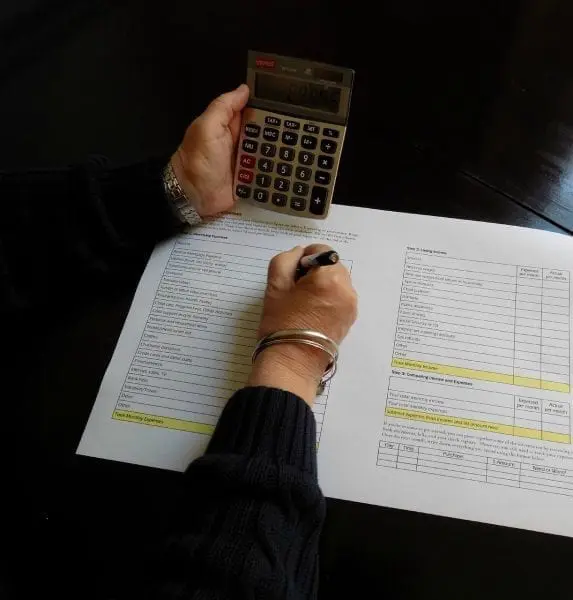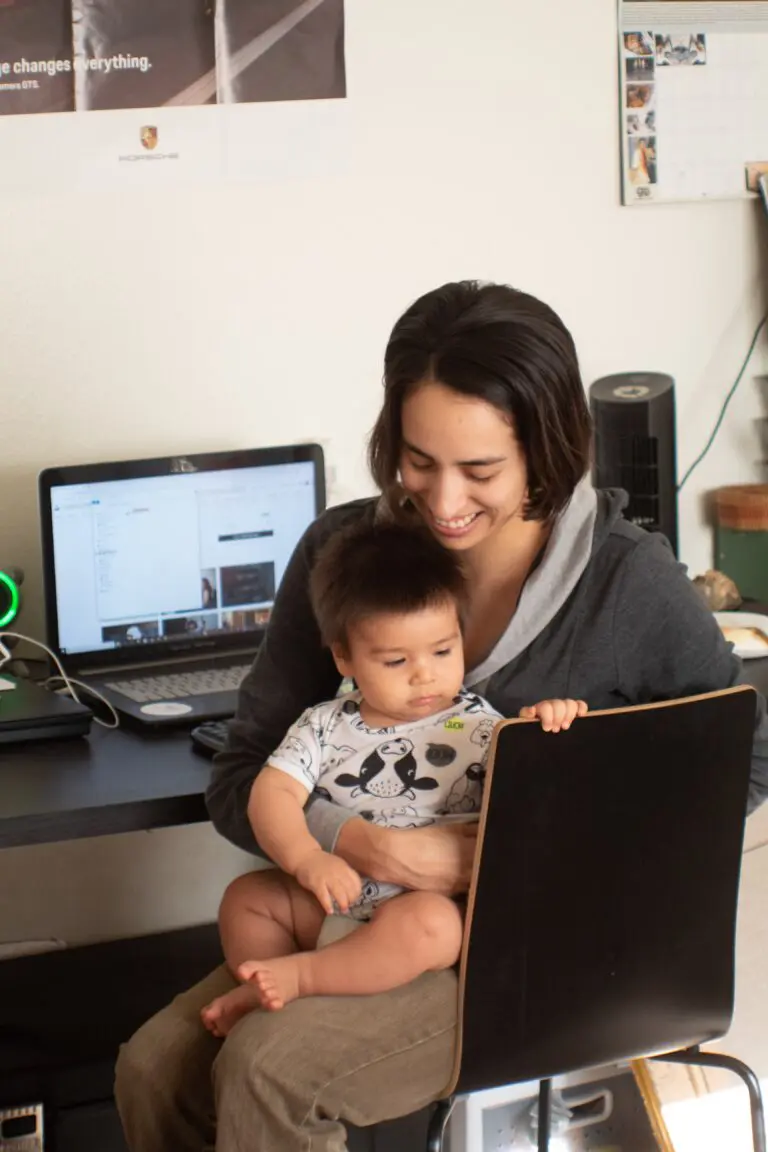5 Signs That Your Current Budget Isn’t Working

When is the last time you altered your budgeting strategy?
If you’re struggling to answer that question, then you could be facing a serious problem. While budgets are designed to help you get more control over your cash flow, it’s safe to say that they’re not a static concept. As parts of your life continue to change, and your spending habits evolve, your budget needs to transform too.
If you’re not keeping an eye on your budget through the transformational moments in your life, you could be left with a saving strategy that’s no longer working for you and your family. Here are just some of the signs that your budget isn’t working for you anymore.
1. You’re Not Getting Anywhere with your Debts
One of the easiest ways to reduce your monthly spending is to compare loans before you decide on a lender. When you need a little help paying for home improvements, or you take out a loan for a new car, comparing your options online can save you some serious cash on monthly interest. However, once you’ve got your loan and figured out your budget, you should be paying more than just your interest off each month.
If you’re not narrowing down your debts every time you get a paycheck from work, then you’re not getting the most out of your budget. Remember, the quicker you pay off your loans, the more money you’ll have to spend on other things like savings or entertainment.
2. You Recently Experienced a Big Life Event
If you’ve recently moved in with your partner, gotten married, or decided to start a family, then there’s sure to be some change to your financial situation. The trouble is, when big things happen in our lives, most of us don’t automatically think about changing our budgeting strategy.
A good way to make sure that you don’t overlook the need to change your budget is to set aside some time each month to look over your existing budget and ask yourself if anything has changed since your last payday. This way, if you have new bills you need to pay for, or you simply want to change your budgetary goal, you can do so without too much stress.
3. You Lost Your Job or Got a New One
Budgets work because they take into account the exact amount of money you have coming to you each month and the amount of cash you have going out on other expenses like household bills, food, and loans. If you lose your job, or you get a role that pays you a slightly higher wage each month, then your entire budgeting strategy needs to change.
Sitting down with your budget for a while will tell you where you need to cut back if you no longer have as much money to spend as you once did. If you got a new job, then re-working your budget could help you find extra cash to save or use on the things that you love.
4. You Feel Like You’re Not Reaching Your Goals
A great way to keep yourself motivated when you’re budgeting is to set long and short-term goals. Your short-term goal might be to save $200 in three months, while your long-term goal might be to put a deposit down on a new house.
However, if no matter what you do, you don’t feel like you’re getting any closer to your targets, then there’s clearly a problem. Sometimes, it does take time to achieve your goals, but you should be able to see yourself making noticeable steps. Take some time to think about why you’re not getting to wherever you want to be. Are you constantly overspending in a certain area? Is your current budget unrealistic? Have you forgotten to take a certain expense into account each month?
5. You’re Always Worrying About Money
Money is one of those things that we all worry about from time to time. However, if you’re feeling extra anxious about your finances lately, then you might have lost your faith in your budget – and that’s not a good sign. The best way to combat your worry and make sure that you feel comfortable going forward is to know the financial facts of your situation.
Add your income up and figure out your expenses, then give yourself a new goal based on what you know about your money. Once you have a goal in mind, and you know how much you’re spending each month, it will be easier to stop fretting about how you spend your cash.
Similar Posts:
- How to Pay Off Student Debt Quickly
- 5 Tips To Set Up A Family Budget and Pay Down Debts
- Budgeting Tips for Busy Moms
- 4 Simple Ways to Save Money at Home
- Finances: Staying Ahead of the Game Before the Holidays









